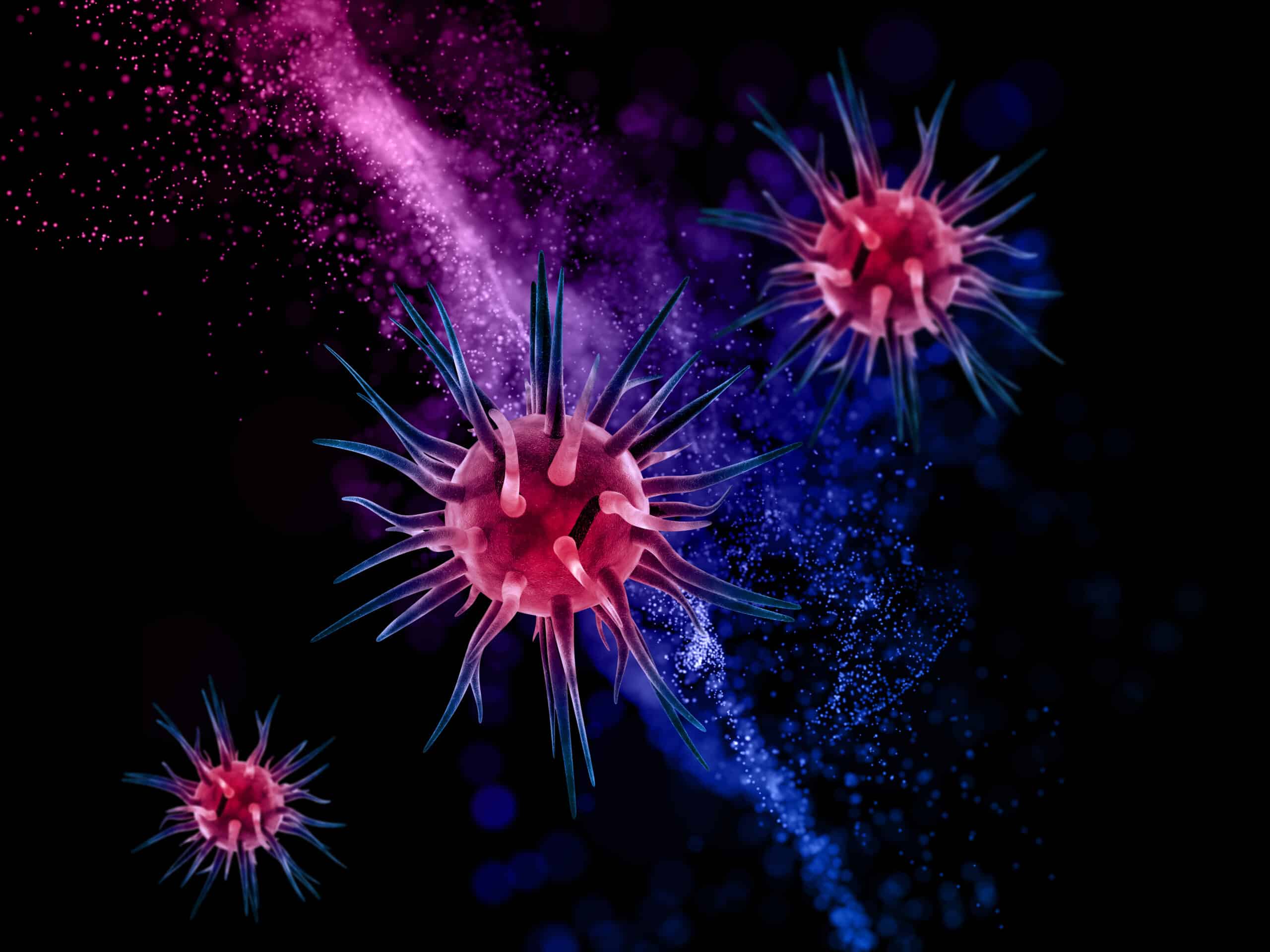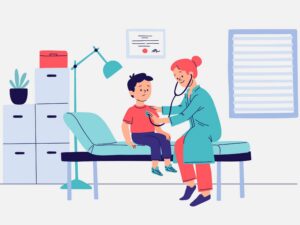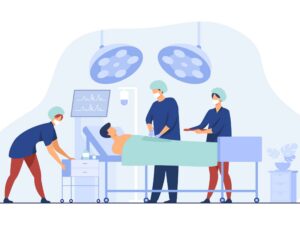Microbiology
- Description
- Curriculum
- Reviews

Course Overview:
The Medical Microbiology course introduces students to the fascinating world of microorganisms and their impact on human health. It covers bacteria, viruses, fungi, parasites, and prions — exploring their structure, classification, pathogenic mechanisms, laboratory diagnosis, and prevention strategies.
This course forms the foundation for understanding infectious diseases, immunology, and antimicrobial therapy. With clinically integrated lectures, lab demonstrations, and real-world case discussions, learners gain both theoretical knowledge and practical skills essential for medical and paramedical professions.
Key Topics Covered:
General Microbiology:
-
History, Scope, and Classification of Microorganisms
-
Microscopy, Sterilization, and Disinfection
-
Culture Media, Bacterial Growth, and Identification Techniques
-
Infection Control and Hospital-Acquired Infections
-
Principles of Immunology and Hypersensitivity Reactions
-
Antimicrobial Agents and Mechanisms of Resistance
Systematic Microbiology:
-
Bacteriology: Pathogenic Bacteria and Related Diseases
-
Virology: Structure, Replication, and Viral Infections
-
Mycology: Fungal Infections and Diagnosis
-
Parasitology: Protozoa and Helminths of Medical Importance
-
Applied Microbiology: Vaccines, Serology, and Molecular Diagnosis
Learning Outcomes:
By the end of this course, students will be able to:
-
Identify and classify microorganisms of medical importance.
-
Understand the mechanisms of infection and host immune responses.
-
Perform and interpret basic microbiological and serological tests.
-
Apply microbiological principles in clinical diagnosis and infection control.
-
Explain antibiotic action and resistance patterns in clinical practice.
Who Should Enroll:
-
MBBS, BDS, Nursing, and Paramedical Students
-
TNPSC Medical, NEET PG, and INICET Aspirants
-
Laboratory Technicians and Healthcare Professionals
-
Anyone interested in understanding infectious diseases and immunity
Course Features:
-
High-quality Video Lectures and Lab Demonstrations
-
Pathogen-wise Study Notes and Charts
-
MCQs and Clinical Case Discussions
-
Infection Control Guidelines and Immunology Modules
-
Certificate of Completion



